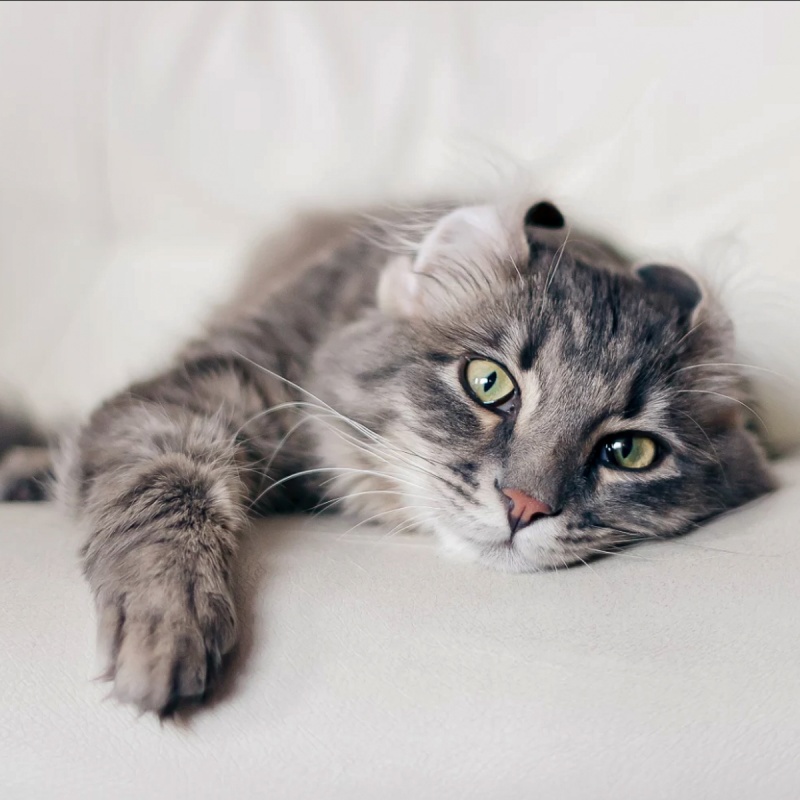Customer service
Blog

When a cat or other pet loses small amounts of urine, for example when coughing, sneezing, barking, sleeping or even throughout the day, we speak of passive incontinence. Sometimes the loss of urine or incontinence is even visible and a wet spot can be found in the basket or on a blanket. How much urine a cat loses can vary from day to day.
A correct diagnosis is very important. So go to your vet for an examination and take some freshly collected urine with you. The vet will ask some questions, examine your cat and check the urine. If no abnormalities are found, the diagnosis of urinary incontinence due to decreased urethral cuff pressure is likely.